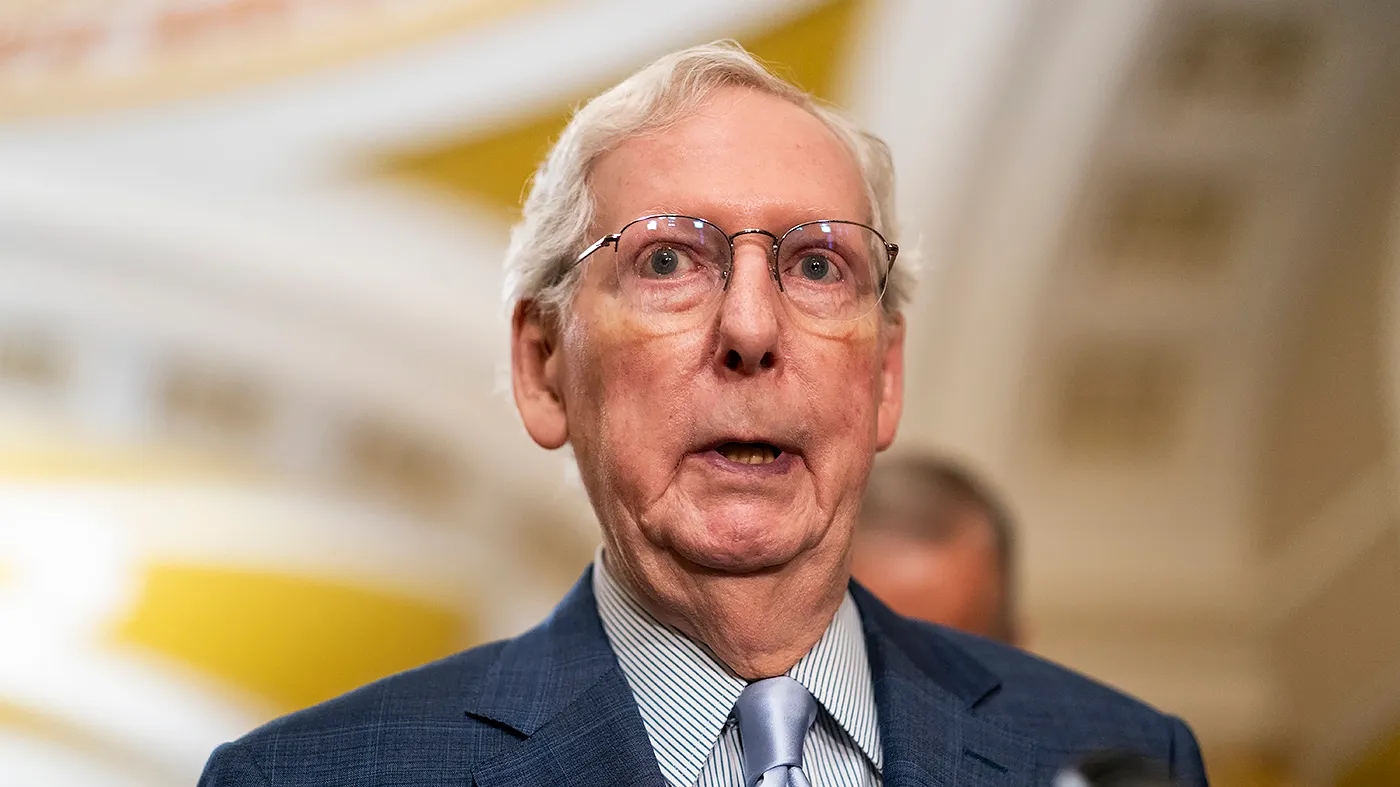McConnell Seeks to Close 2018 Hemp “Loophole” in Senate Funding Bill
LOS ANGELES- Senate Republican leader Mitch McConnell is advancing a provision in the FY 2026 agriculture appropriations bill aimed at revising the federal hemp definition to bar products containing any “quantifiable” amount of THC. The action responds to what McConnell described as an unintended loophole from the 2018 Farm Bill, passed with his support, which legalized industrial hemp but has since allowed the rise of unregulated, intoxicating hemp-derived products using synthetic THC analogues.
The Senate Appropriations Committee has approved the provision, which mirrors language already advanced by the House. It includes a one-year implementation delay—congratulated by bipartisan members such as Sen. Jeff Merkley—as a buffer to give the U.S. Hemp industry time to propose regulatory frameworks.
McConnell emphasized the change “takes us back to the original intent of the 2018 Farm Bill and closes this loophole,” addressing the proliferation of “unregulated intoxicating lab‑made, hemp‑derived substances with no safety framework”.
Industry leaders have raised alarms, warning the language could unintentionally ban common non-intoxicating CBD products due to trace levels of THC. Kentucky Hemp Association, Cornbread Hemp, and Sen. Rand Paul voiced concerns that even legally compliant products could be invalidated. Merkley echoed these fears, noting that CBD supplements significant to the healthcare industry might be swept up in the prohibition.
Legislation delineates “industrial” hemp as plants with no more than 0.3% total THC (dry weight), but the new definition would exclude consumable hemp products containing any measurable THC. Affected products range from Delta‑8 gummies to topical or ingestible extracts. The bill also directs the FDA and USDA to submit a 180-day implementation report outlining impacts on the cannabinoid marketplace and stakeholder input.
Supporters, including the Distilled Spirits Council, argue stronger regulation is essential to protect consumer safety and establish consistent age restrictions and labeling requirements, aligning hemp policy with broader cannabinoid regulation




































